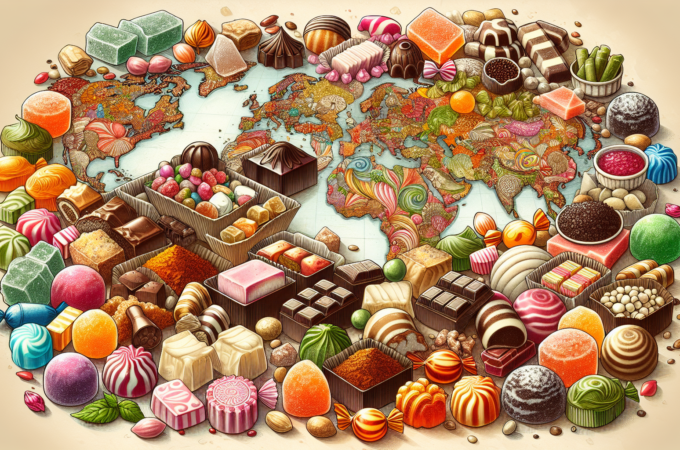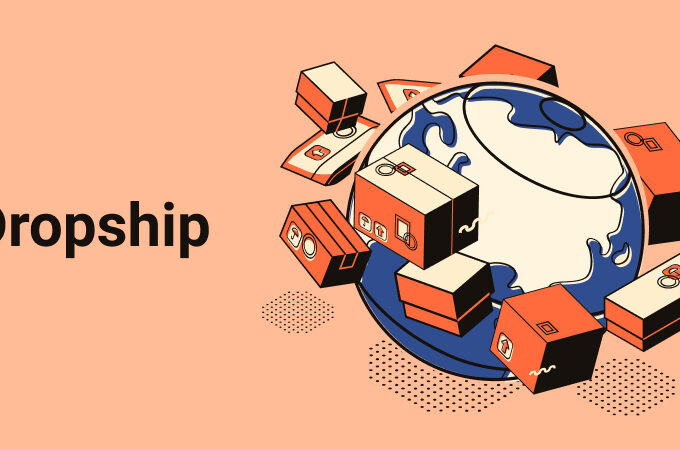
Facebook Agonizes Over Censorship
You might have noticed that there’s been a bit of a row over social media and censorship recently. The reason you might have noticed it is that US President Donald Trump effectively threatened to shut down Twitter because it attached a fact-checking label to one of his Tweets. Trump was less than happy about that and pointed out that his right to tell easily-disprovable lies was covered under his First Amendment rights. The whole debate made headline news around the world and sparked a broader conversation about the nature of censorship in social media.
Ten years ago, when discourse on the internet didn’t feel as fraught and aggressive as it is today, neither Twitter nor Facebook felt the need to do much in the way of censorship. Users knew where the lines were, and those that didn’t were generally ignored. That isn’t the case today. With more people online than ever before and political debate turning into entrenched verbal warfare, debates often turn into an argument, and objective truth becomes harder to identify. Both sides of every debate cite the ‘facts’ as they see them, and the other side generally disbelieves them and cite ‘facts’ of their own. The argument goes nowhere, and the pursuit of truth becomes more difficult with each passing day.
Many people feel that Twitter and Facebook, as large social media platforms, have a responsibility to protect their users from potentially misleading lies, or at least to point them in the direction of objective, independently-verified facts. That’s what Twitter has been trying to do for the past several years. The company attracted heavy criticism from US-based conservatives after deleting swathes of right-wing accounts in 2016 for posting ‘hateful’ content. It’s taken them a while to go toe to toe with the President, but they’ve been building up to it for a while. Now they’ve reached that point, it’s hard to see how they can dial back from it.
Now Twitter has led the way in challenging the (frequently obvious) untruths spoken by the President and several other political figures and leaders on social media, other social media platforms have started to follow suit. Just days after Twitter slapped a warning label on Trump’s Tweets, Snapchat announced that they would no longer promote any content from Trump’s account because it broke their rules on ‘glorifying violence.’ It feels like the start of a movement, and yet as the other social media brands prepare to go into battle, Facebook – the largest social media company of them all – is sitting on the sidelines.
Mark Zuckerberg, the company’s founder, has taken strong criticism for his stance on the issue of censorship and is still talking strong criticism right now. His belief has always been that Facebook is a platform rather than a publisher and that as a platform, it doesn’t have a duty to regulate the opinions of people who use it. That stance has always been compromised, though, by the site’s rules about hate speech, hateful conduct, racism, sexism, and other examples of types of speech that aren’t permitted. Never has the difficult and uncomfortable position that he and his company have created for themselves looked more exposed than it does right now.

Part of Facebook’s problem is that it wants to be all things to all people. It wants to be a cuddly, friendly social media brand to its users. It wants to be a sophisticated marketing tool for advertisers. It wants to be a platform for world leaders. Such is the nature and scale of Facebook’s ambition that it recently attempted to muscle in on the Online Slots UK market. Facebook, it has to be presumed, knows nothing about gambling. There are hundreds of online slots websites all over the world, with years of experience, who are better placed to serve the needs of gamblers than Facebook. Nevertheless, Facebook has taken note of the fact that online slots websites make over fifty billion dollars per year between them, and Zuckerberg wants in on that action. There isn’t an industry they haven’t tried to involve themselves in, but in doing so, they run the risk of looking ethically and morally bankrupt.
Just a few days ago, Facebook finally started slapping a label on at least some types of political media – albeit not those that come from inside the United States of America. Media companies that are wholly owned by the state they operate from, such as Russia’s ‘RT’ and China’s ‘China Daily,’ are now stamped as ‘state-owned media’ to make readers aware that the content they read there might be skewed in a way that glorifies the state of origin at the expense of other nations or entities. As many people have already pointed out, it already appears to be an inconsistent system. If the news from ‘China Daily’ might be biased and therefore ought to be labeled, how is it that heavily conservative-biased news sources like ‘Fox News’ shouldn’t come with the same warning?

Perhaps because of the constant criticism, there has been a walkout of Facebook staff within the past two weeks. Some employees stopped working for one or two days as a form of protest. Some have quit completely, and don’t intend to come back. The loss of one or two employees is nothing that Facebook can’t deal with – there’s no shortage of people in the world who would love the chance to add the company’s name to their resume – but some of those who have gone were in senior positions. They’re harder to replace, and their departure is more likely to make news headlines. Once again, Facebook finds itself making news bulletins around the world for negative reasons. This time, it’s not so much because of what it’s done as what it hasn’t done.
With pressure mounting on Mark Zuckerberg, he’ll eventually have to make a decision. He can’t claim that Facebook doesn’t label news when it’s started to label some international news agencies already. He can’t say that the platform doesn’t censor posts when it censors objectionable content all the time. He therefore has to come up with a ruling. Are important people treated differently when they use the platform to say things that clearly breach the rules, or do the same rules apply to them as they do to everyone else?




